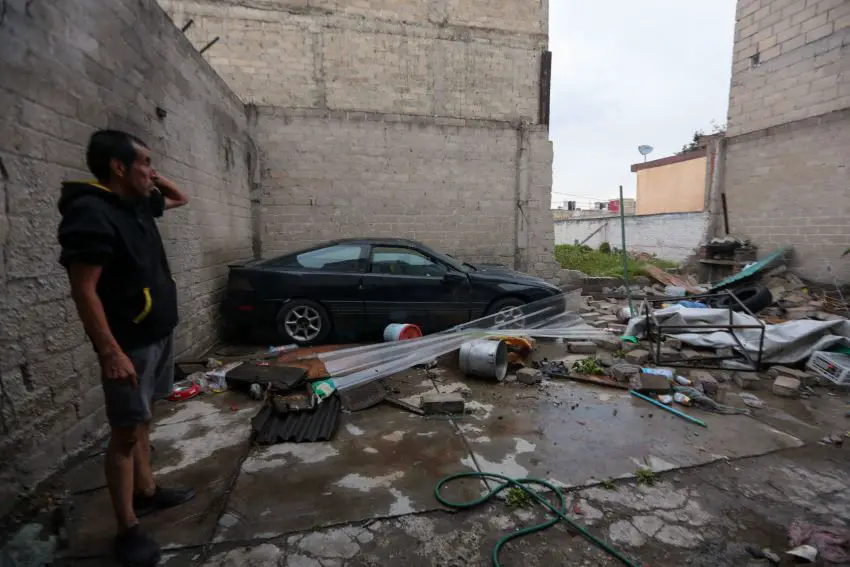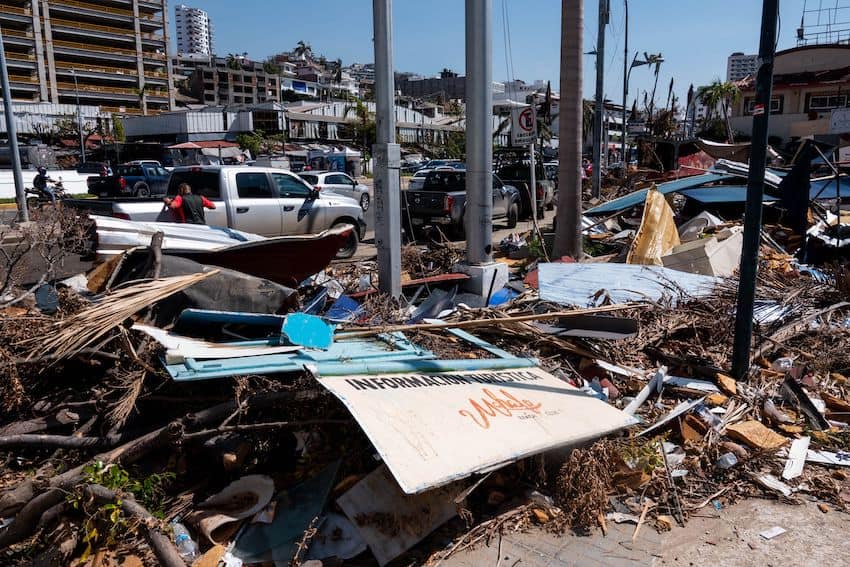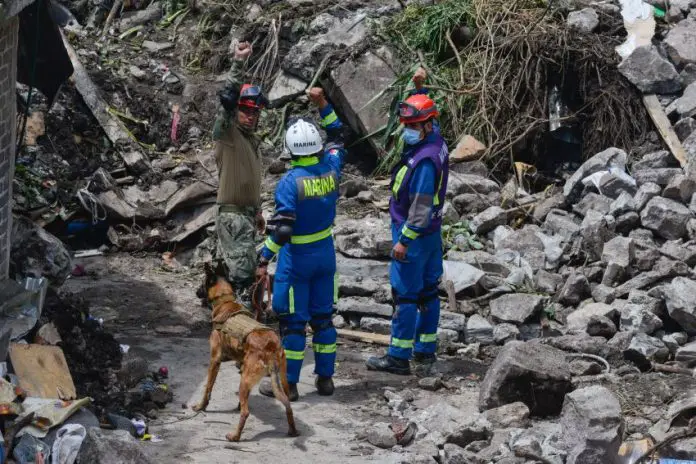Roughly one third of Mexican residents and 30% of the country’s economy are vulnerable to at least three kinds of natural disasters and more must be done to be prepared, a powerful business council is warning.
The Business Coordinating Council (CCE), the country’s largest private sector organization, celebrated World Humanitarian Day on Monday by signing an agreement with Cenaced — an NGO which promotes natural disaster and pandemic relief — to promote and support emergency readiness.

“Mexico is extremely vulnerable to natural disasters,” said Francisco Cervantes, president of the CCE, which represents about 80% of private sector GDP. The CCE estimates that 40% of national territory and one-third of the population is at risk, and roughly 30% of national GDP is vulnerable to three or more natural disasters, according to Cervantes.
The percentage of the economy at risk of suffering two natural disasters is 71%, he told newspaper El Economista in an interview.
Cervantes said the agreement with Cenaced reflects the urgent need for action, citing the government’s 2021 decision to shutter the Natural Disasters Fund (Fonden) on the grounds of corruption. This year, the Finance Ministry (SHCP) cut the national disaster relief budget from 18.2 billion to 13.5 billion pesos (US $711 million).
The threat of more and stronger weather events due to climate change is also a concern, Cervantes said, recalling that Hurricane Otis hit Acapulco last October as the Pacific Ocean’s most intense tropical storm ever to make landfall. The hurricane caused an estimated US $15 billion worth of damage.

Roberto Delgado, former Cenaced president, said Mexico has experienced 300 natural disasters since the turn of the century, citing a few of the hurricanes, extreme weather events, floods, earthquakes and volcanic eruptions that have stricken the country since 2000.
More than 40 million people have been impacted by these disasters, Delgado asserted after the signing ceremony. Already this year, there have been two hurricanes and a series of forest fires, he added.
“The objective of this agreement is to build a more resilient Mexico, to put in place a more efficient and more coordinated emergency response system.”
Finally, Cervantes encouraged state governments to step up and accept responsibility.
“I think states should establish disaster funds because their constituents are the ones that pay the price,” he told El Economista, while pledging support from the business community.
With reports from El Economista, Forbes México and El Universal
